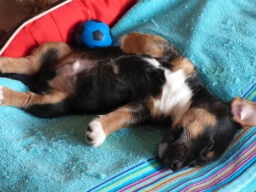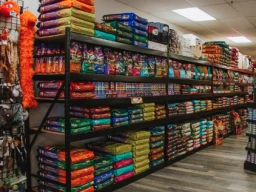
Pet Stores
When purchasing a pet it is important to make sure that the pet store you choose to use is one you feel confident and comfortable with.
Read more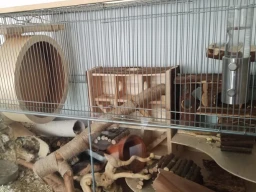
Buying Gerbils and all that is involved
By providing a suitable cage, a balanced diet, regular veterinary care, and opportunities for mental and physical stimulation, you'll be on your way to ensuring a happy and healthy life for your gerbils.
Read more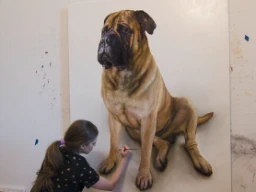
Preserving Memories: The Magic of Pet Portraits
Pet portraits are more than just paintings; they're tributes to the special bond we share with our pets
Read more
How to maintain your cats claws
Regular veterinary check-ups can also help monitor your cat's overall paw and nail health.
Read more
All about reptiles as pets.
Before acquiring a reptile, thoroughly research the specific species to ensure that you can meet its dietary, environmental, and healthcare needs.
Read more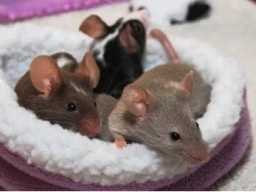
Mice as Pets
Mice are trainable, and can be trained to be disciplined as well as how to handle food
Read more
Puppy Trainers vs. Behaviourists
The root cause of the separation anxiety would then need to be studied by a behaviourist
Read more
What are the best treats for cats?
Cats, like humans, appreciate variety. Offer a mix of treats to keep things interesting for your cat.
Read more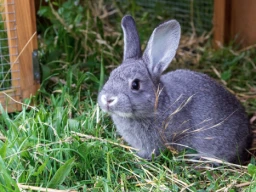
What is the Best Hutch for my Rabbit
An indoor rabbit still needs a hutch to feel safe and secure but, if this is not an option then make sure you create an area for beds & hideaways.
Read more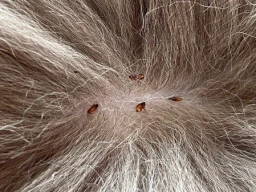
Tick Flea and worming products for cats
Ultimately, the choice between natural and commercial products depends on your cat's individual needs and your comfort level with different options
Read more
Unlocking the Mysteries of Animal Communication and Healing
One of the most remarkable aspects of animal communication is its ability to transcend language barriers.
Read more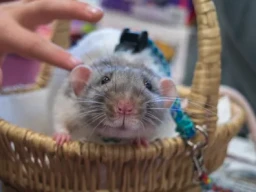
Do Rats make good pets?
Rats are crepuscular, meaning they are most active during the dawn and dusk hours.
Read more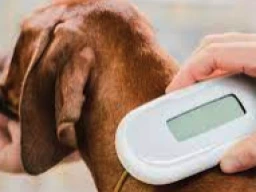
Microchipping your dog
Microchipping is a safe and effective way to ensure that your dog can be identified and returned to you if it ever becomes lost or separated from you
Read more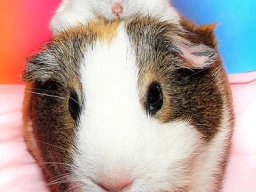
Guinea Pigs or Hamsters which would work best for me
The choice between a hamster and a guinea pig depends on your preferences, living situation, and the level of interaction you desire with your pet
Read more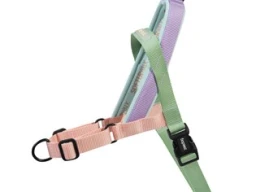
What is the best harness for your dog and how do you ensure that you make the correct choice
Here are some general guidelines to help you make the correct choice:
Read more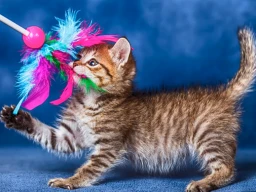
What toy is best for my cat
Rotate toys regularly to keep your cat's interest, and be attentive to any signs of wear or damage to ensure your cat's safety.
Read more

